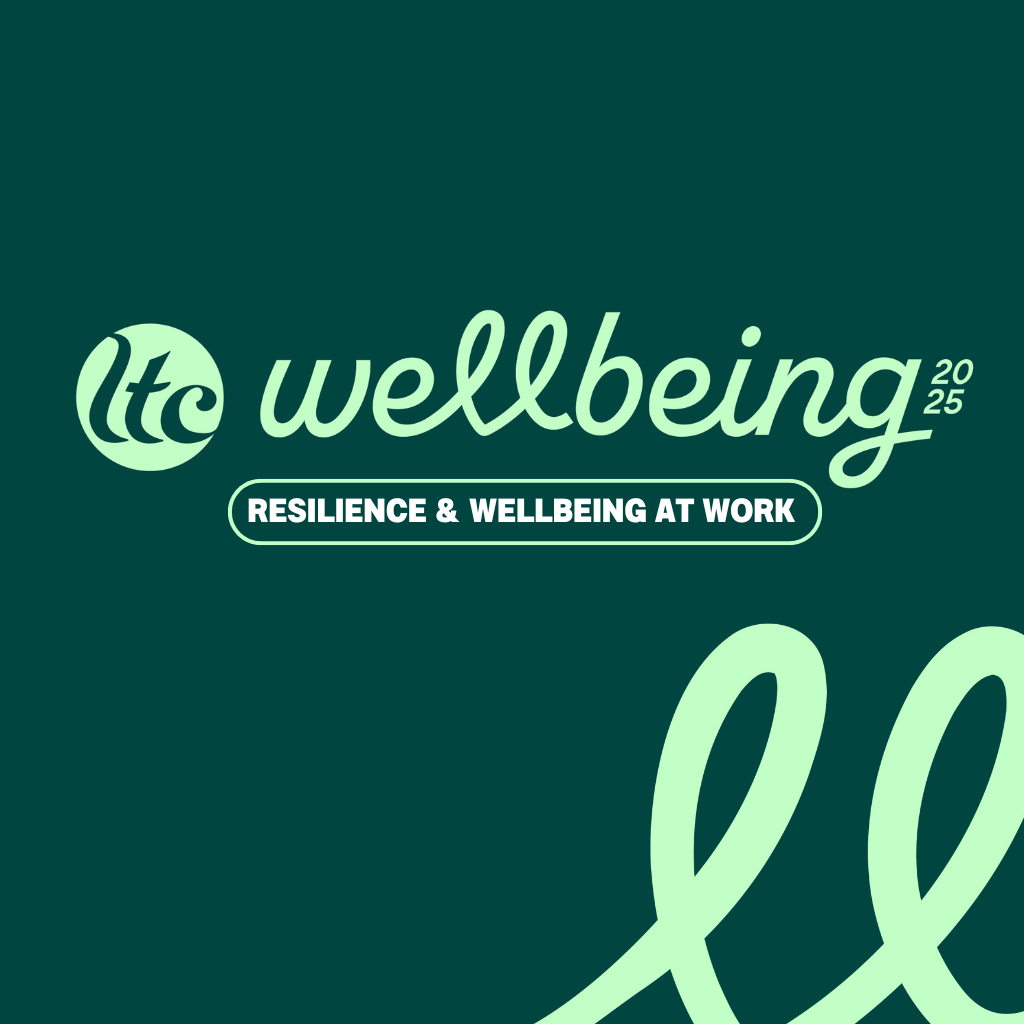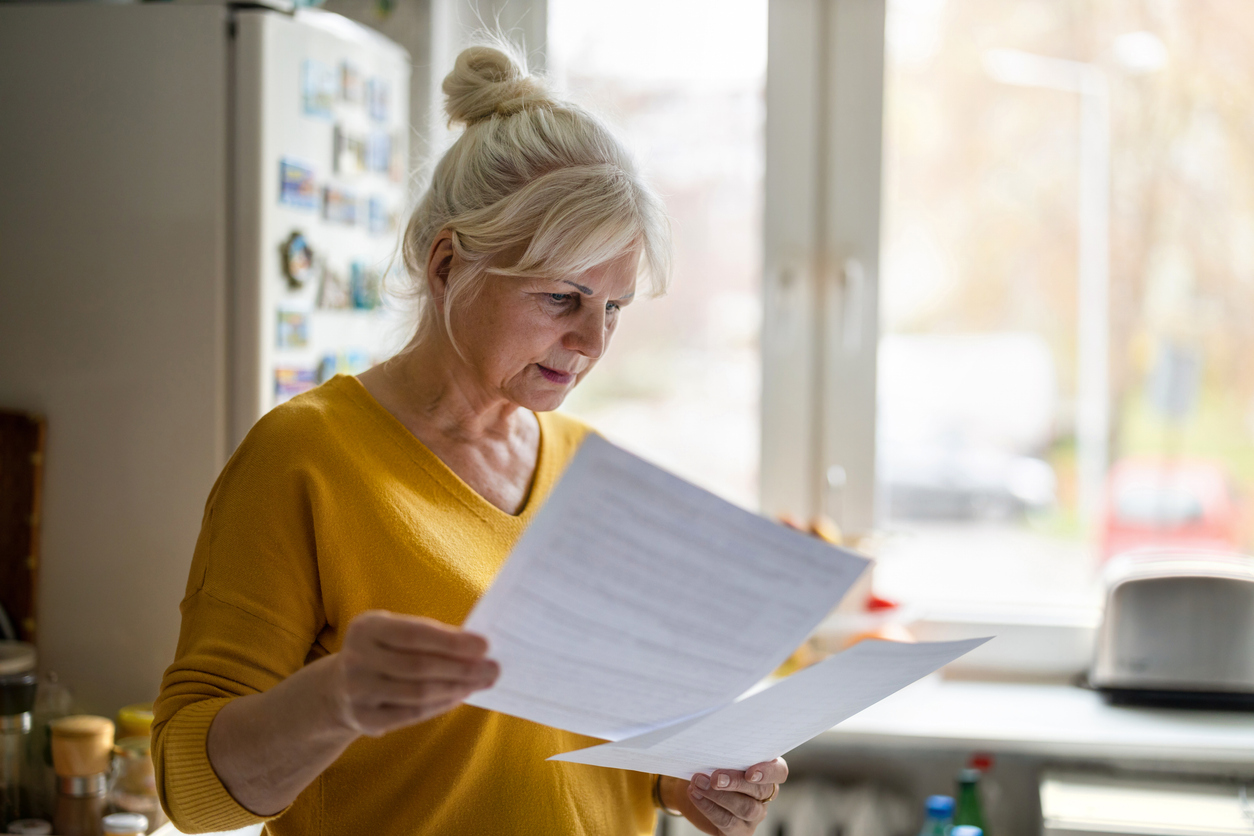Many factors contribute to mental health problems, including:
- Biological factors, such as genes or brain chemistry
- Life experiences, such as trauma or abuse
- Family history of mental health problems
- Relationship issues, bereavement,
- Work-related issues including redundancy, work-related stress, bullying
Signs of poor mental health
Poor mental health manifests itself in different ways and some of the symptoms include:
Physical signs:
- Eating or sleeping too much or too little
- Having low or no energy
- Having unexplained aches and pains
Emotional signs:
- Feeling numb or like nothing matters
- Feeling helpless or hopeless
- Feeling unusually confused, forgetful, on edge, angry, upset, worried, or scared
- Experiencing severe mood swings that cause problems in relationships
- Thinking of harming yourself or others
Changes to the way you think:
- Having persistent thoughts and memories you can’t get out of your head
- Hearing voices or believing things that are not true
Changes to the way you behave:
- Pulling away from people and usual activities
- Smoking, drinking, or using drugs more than usual.
- Inability to perform daily tasks like taking care of your kids or getting to work or school
- Yelling or fighting with family and friends
Just as we look after our physical health, we can look after our mental health and the best way to achieve that is by:
- Looking after your physical health including your diet, quality of sleep, physical exercise etc
- Looking after your relationships and making sure you stay connected with family and friends. Investing in relationships will allow you to have a strong support network when you need it
- Helping others. People who are kind and compassionate see benefits to their wellbeing and happiness. Kindness can also help reduce stress and improve our emotional wellbeing.
- Valuing yourself and others. Having positive personal regard can be the difference between feeling good about and taking care of yourself and not. And valuing others helps to built positive relationships.
- Getting involved and making a contribution. You’ll receive a self-confidence boost and feel better about who you are.
- Asking for help when you need it. Licensed Trade Charity offers a free and confidential helpline, available
- 24/7 with our trained counsellors available to offer emotional support and counselling when you need it.
- You can also get help from your GP and many other charities specializing in mental health and wellbeing
Mental Health Support from the Licensed Trade Charity
The LTC offers 24/7 support for individuals facing eviction. We provide confidential advice and can guide you through the process. Call our helpline at 0808 801 0550, or email enquiries@ltcharity.org.uk.

















